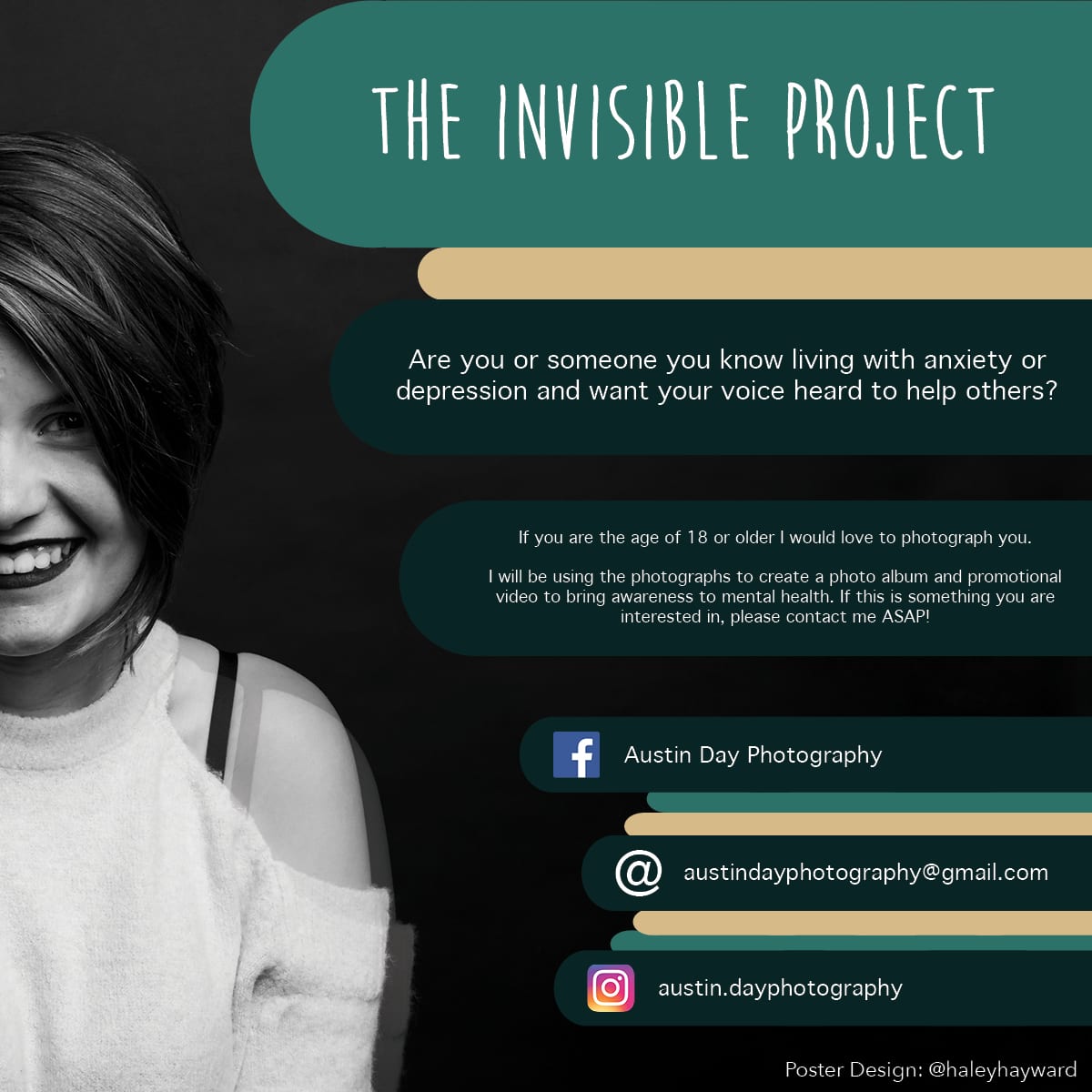Did You Miss Craig Heisinger? Watch the recording!
Earlier this month, RRC welcomed Winnipeg Jets exec Craig Heisinger (Zinger) to give a mental health awareness talk. If you missed it, you’re invited to watch the recording here.
Zinger spoke about his relationship with Rick Rypien who, while struggling with poor mental health, played parts of six seasons with the Manitoba Moose and Vancouver Canucks. After Rick’s death by suicide, Zinger and the True North Foundation started Project 11 to help students learn skills to build strong, positive mental health. Zinger now speaks at many schools each year, highlighting the importance of mental health and support. His talk at RRC was both informative and heartfelt.
on Twitter, check out #ZingerAtRRC to see some of the statements that resonated with those in attendance.

L-R: Kelsey Gillespie, VP Academic, RRCSA; Lauren Slegers, President, RRCSA; Craig Heisinger; Breanna Sawatzky, Mental Health Coordinator, RRC; Laureen Janzen, Manager, Counselling and Accessibility, RRC
RRC is committed to keeping the mental health conversation going so that every member of our community knows they are not alone and that it’s okay to reach out for support. A great way to stay informed of future events is to subscribe to this blog.
A huge thanks goes out to the RRC Students’ Association for supplying the pizza lunch and to the eTV crew for recording and livestreaming. Prize winners will be announced in a subsequent blog post.























